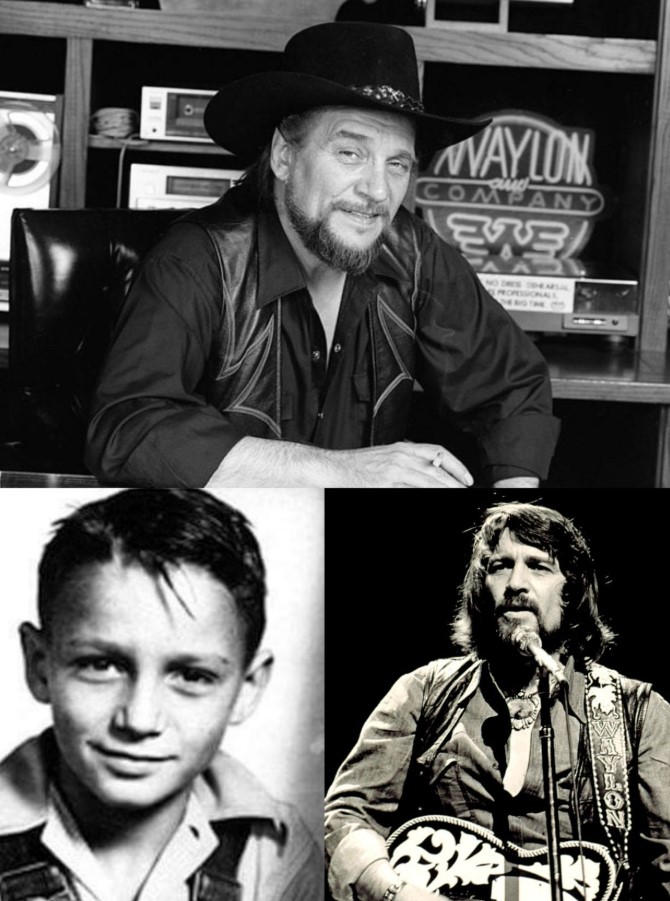
The Maverick Who Redefined Nashville’s Sound
Waylon Jennings was not just a country music singer; he was a catalyst for change in a city known for its polished veneers and meticulously crafted hits. In an era when Nashville prized smooth, formulaic songs, Jennings emerged with a raw, unfiltered authenticity that shattered industry norms. His music was a declaration of independence, fueled by grit, passion, and unrelenting honesty, positioning him as a cornerstone of the Outlaw Country movement. Every chord he struck, every lyric he sang, carried a sense of defiance that challenged the industry’s rigid conventions.
Breaking Free from Polished Perfection
Nashville, during the mid-20th century, was synonymous with gleaming studios, structured arrangements, and controlled performances. Artists were expected to conform to a standard that prioritized commercial appeal over personal expression. Jennings rejected this model entirely. He insisted on creative control, refusing to dilute his sound for mainstream acceptance. By doing so, he infused his music with a gritty realism, producing songs that resonated deeply with audiences who craved authenticity. This refusal to compromise elevated him above the manufactured perfection of his peers, establishing a blueprint for generations of country musicians seeking artistic freedom.
Guitar as an Instrument of Rebellion
The guitar was Jennings’ weapon and voice. With every riff and solo, he conveyed emotion and narrative that words alone could not capture. His playing was characterized by intense energy, expressive phrasing, and unrestrained passion, which became emblematic of his live performances. Audiences were not merely listeners; they were participants in a shared experience of rebellion and liberation. This approach transformed concerts into rituals of defiance, where the authenticity of performance triumphed over technical precision, leaving an indelible mark on Nashville’s musical landscape.
Unapologetic Truth in Lyricism
Waylon Jennings’ lyrics spoke directly to the heart of human experience. He addressed themes of struggle, love, loss, and freedom with courageous transparency, setting a new standard for emotional honesty in country music. His storytelling was neither sanitized nor manufactured; it was a reflection of his life and the realities of those on society’s margins. This unwavering commitment to truth distinguished him as a visionary artist, one who demonstrated that music could be a platform for both personal expression and cultural impact.
A Legacy That Continues to Inspire
Jennings’ influence extends far beyond his era. By challenging Nashville’s rigid frameworks and prioritizing artistic integrity, he created a path for musicians to embrace authenticity without compromise. Today, his legacy endures as a testament to the power of courage, creativity, and unyielding truth in music. Waylon Jennings did not merely participate in the industry; he transformed it, leaving a blueprint for rebellion, artistry, and authenticity that continues to define the heart of country music.